The Galileo Galilei Medal Award

Apply before 15th April. See the details below.
The ICO Galileo Galilei Medal contributes to one of the essential missions of the International Commission for Optics: to recognize the promotion of Optics under difficult circumstances. The award was established by the 1993 General Assembly of ICO and has been awarded annually since 1994.
The prize includes:
BEFORE 15th April:
An email with all the documents must be send by the nominator to the chair person of the ICO Award: Prof. Natalya Kundikova ( kundikovand@susu.ac.ru).
Please note that the ICO Galileo Galilei Medal Award is given for outstanding contributions to the field of optics which are achieved under comparatively unfavourable circumstances, which refers to difficult economic or social conditions or lack of access to scientific or technical facilities or sources of information. If a collective contribution is judged to be worthy of the award, a team of several persons may be exceptionally selected.
DOCUMENTS TO BE SENT:
Galileo Galilei Medal Award
Golden Book
List of the recipients of the Galileo Galilei Medal Award in reverse chronological order.

2023
Rahman Chowdhury Mahdy, Bangladesh
“For his outstanding contributions in the areas of optical (main) and quantum mechanical manipulation achieved under comparatively difficult circumstances”
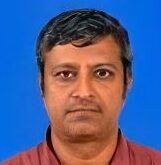
2022
Chittur S. Narayanamurthy, India
“For outstanding contribution to speckle interferometry, optical metrology, optical testing, digital holography and adaptive optics, achieved under comparatively difficult circumstances”.
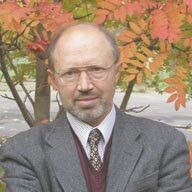
2021
Victor Balykin, Russia
“For his outstanding contributions to the laser cooling, trapping, control and manipulation of the mechanical motion of atoms”.
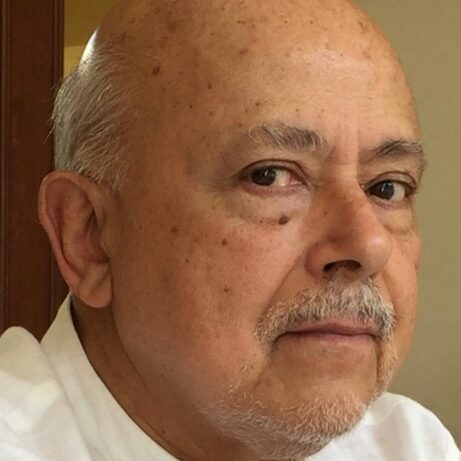
2020
Jorge Ojeda-Castañeda, Mexico
“For his elegant insightful contributions in the development of phase-space analysis, self-imaging and diffractionless beams, pioneering groundwork for computational imaging, for discovering class of functions providing extended depth-of-field, and for designing nonconventional devices employing varifocal lenses under significantly unfavorable circumstances”.
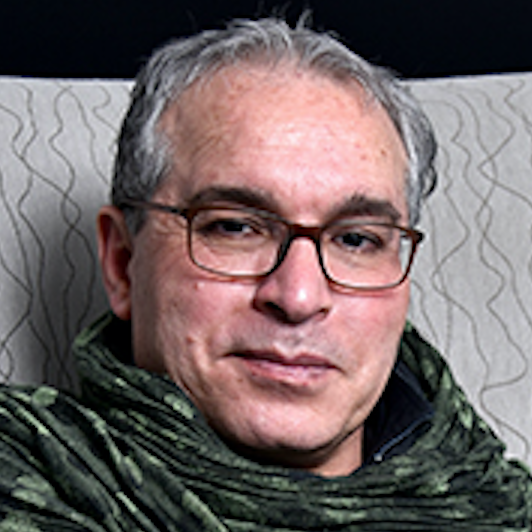
2019
Malik Maaza, South Africa
“For extensive contributions to the frontiers of interdisciplinary research that involved both theoretical and experimental developments in the fundamental aspects of femtosecond lasermatter interactions under comparatively difficult circumstances”.
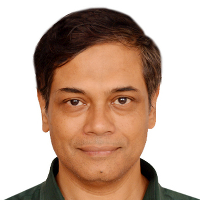
2018
Debabrata Goswami, India
“For his contribution the use of coherent control with femtosecond pulse shaping for spatiotemporal control under comparatively difficult circumstances”.
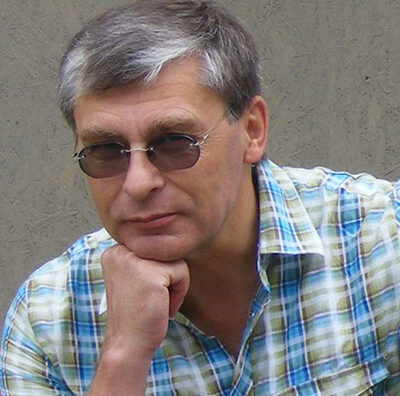
2017
Alexander Nosich, Ukraine
“For his contribution from fundamental mathematical physics studies to the modeling of actual devices for photonics and optoelectronics under comparatively difficult circumstances”.
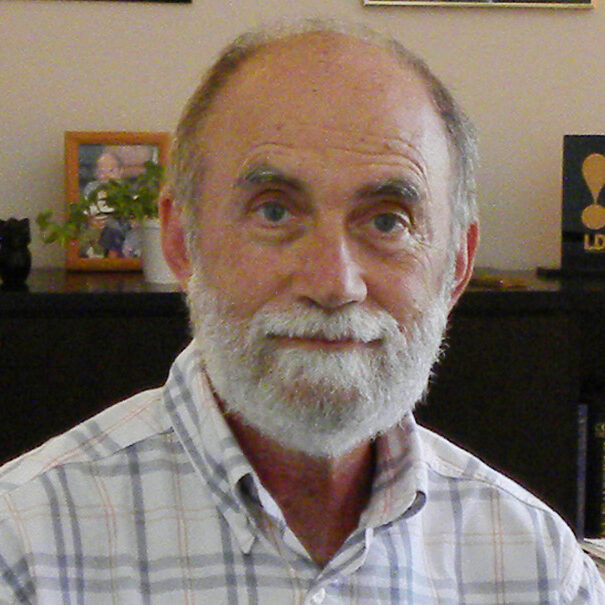
2016
Guillermo H. Kaufman, Argentina
“For the development of novel speckle interferometry techniques and their application in experimental mechanics, materials technology and nondestructive testing.”
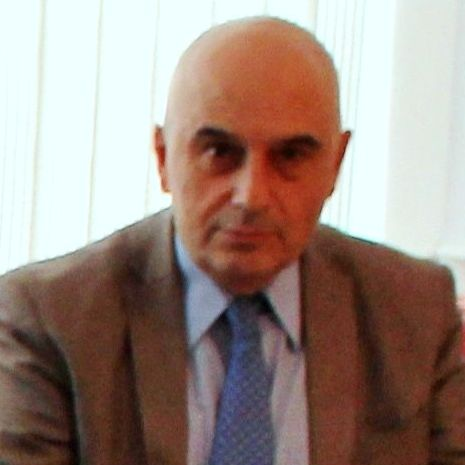
2015
Aram Papoyan, Armenia
“For his important achievements in high resolution spectroscopy of Alkali atoms and for his valuable contributions to the promotion of experimental atomic physics in Armenia”.
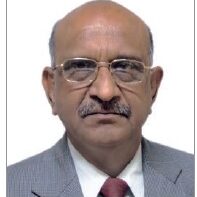
2014
Chandra Shakher, India
“For outstanding contributions to the field of holographic and speckle metrology, which were achieved under comparatively unfavorable circumstances”.
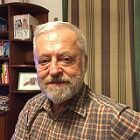
2013
Kazimierz Rzążewski, Poland
“For scientific contributions to the area of theoretical quantum optics, ultracold atomic gases and theory of intense laser-matter interactions as well as to the creation of Polish quantum optics school under difficult political circumstances.”
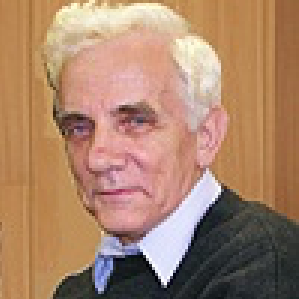
2012
Mikhail Vladimirovich Fedorov, Russia
“For the development of interference stabilization of atoms and a theory of quantum entanglement features arising from particle symmetry”.
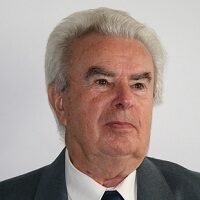
2011
Jan Peřina, Czech Republic
“For his impressive results on quantum optics and coherence regarding non-classical states achieved under difficult circumstances”.
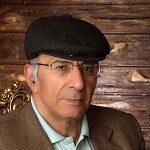
2010
Mohammad Taghi Tavassoly,Iran
“For his contribution to teaching optics in Iran, conducting original research, and maintaining links between the academic communities active in optics in Iran and the rest of the world”.
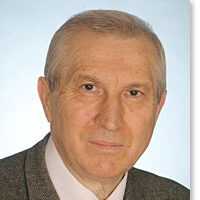
2009
Dumitru Mihalache, Romania
“For his achievements in the field of theoretical nonlinear optics”.
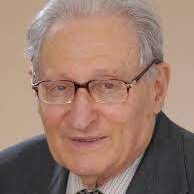
2009
Marat S. Soskin, Ukraine
“For his achievements in the fields of tunable lasers, dynamic holography, and linear and nonlinear singular optics”.
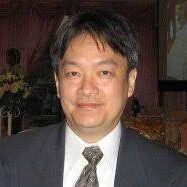
2008
Joewono Widjaja,Thailand
“For his outstanding contributions in wavelet transform based signal processing, speckle metrology, holography, join transform correlator, speckle and Internet photonic routing. The Committee was considering as well the comparative unfavorable circumstances since the candidate has done all activities in a developing country (as defined by UN)”.
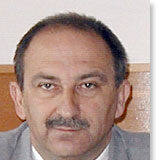
2007
Oleg V. Angelsky, Ukraine
“For his outstanding contributions in the field of optical correlation, speckle interferometry and holography in diffuse optical fields achieved under comparatively unfavorable conditions”.

2006
Mohammed M Shabat, Palestine
“For his outstanding scientific contributions in the area of theoretical and electromagnetic optics, which were accomplished under comparative unfavorable circumstances as defined on the award call and for his relevant work for the organization of optics and photonics activities in Palestine”.
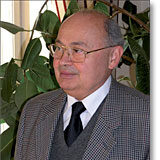
2005
Valentin Ionel Vlad, Romania
“For outstanding contributions to ultra-fast optical phase conjugation, wave mixing in photorefractive crystals (PRC) and pm-amplitude vibration measurements”.
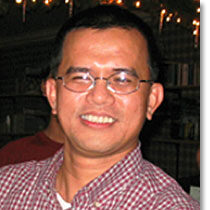
2004
Caesar Saloma, Philippines
“For introducing in the Phillipines investigations on the use of the laser fluorescence confocal microscopy in imaging optically-thick biological samples then conforming a pioneering team”.
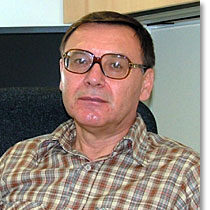
2004
Milivoj Belic, Serbia
“For the establishment and maintenance of strong research group in Belgrade, working under adverse conditions, yet producing outstanding research results”.

2003
Cid Bartolomeu de Araujo, Brazil
“For his scientific contributions in nonlinear optics, lasers and applications, multiphonic processes, parametric generation, spectroscopy of special glasses and organic materials as well as in photonics and integrated optoelectronics”.
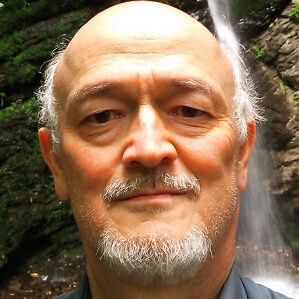
2002
Rashid Ganeev, Uzbekistan
“For developing new methods for nonlinear frequency conversion of high power laser radiation in non linear crystals and characterization of nonlinear optical properties of metal, semiconductor and polymer media”.
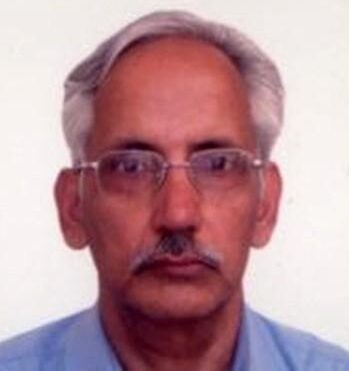
2001
Kehar Singh, India
“For his scientific contributions in the areas of statistical and information optics and for his contributions in education in optics in India”.
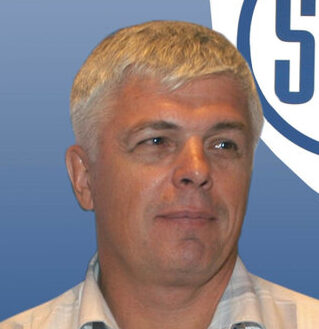
2000
Vladimir P. Lukin, Russia
“For his scientific contributions on light propagation through turbulent media and on adaptive optics, as well as their applications”.
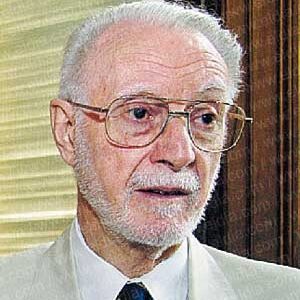
1999
Mario Garavaglia, Argentina
“For his scientific contributions in the fields of lasers, spectroscopy, interferometry, and holography, as well as their applications to industry, medicine and biology”.
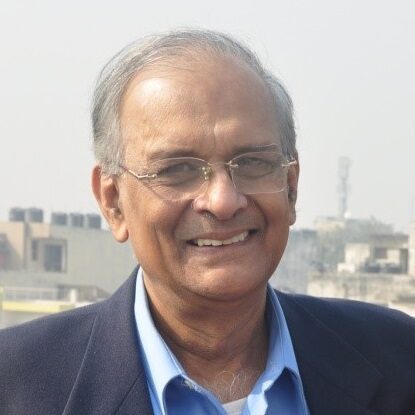
1998
Ajoy K. Ghatak, India
“For the analysis of fiber and integrated optic waveguides, quantum well structures, and the analysis of graded index optical imaging systems”.
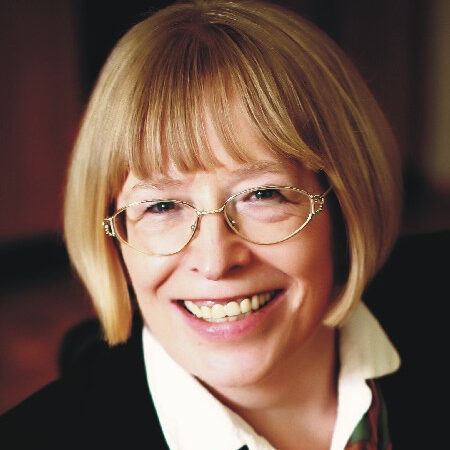
1997
Natalyia D. Kundikova, Russia
“For her theorical achievements related to the interaction between light propagation and polarization, as well as their experimental demonstration”.
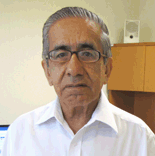
1996
Daniel Malacara, Mexico
“For contributing to the foundation of several Optics Research centers in Mexico and of the Mexican Academy of Optics”.

1995
Rajpal S. Sirohi, India
“For his extensive research work in the areas of optical metrology and optical testing, introducing techniques for the measurement of displacement, angles and contours by optical means”.
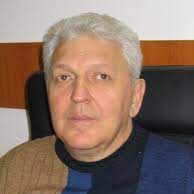
1994
Ion N. Mihailescu, Romania
“For his studies of the nanoscale surface modifications by laser irradiation, including pulsed laser deposition of compounds in vacuum or in chemical reactive gases”.